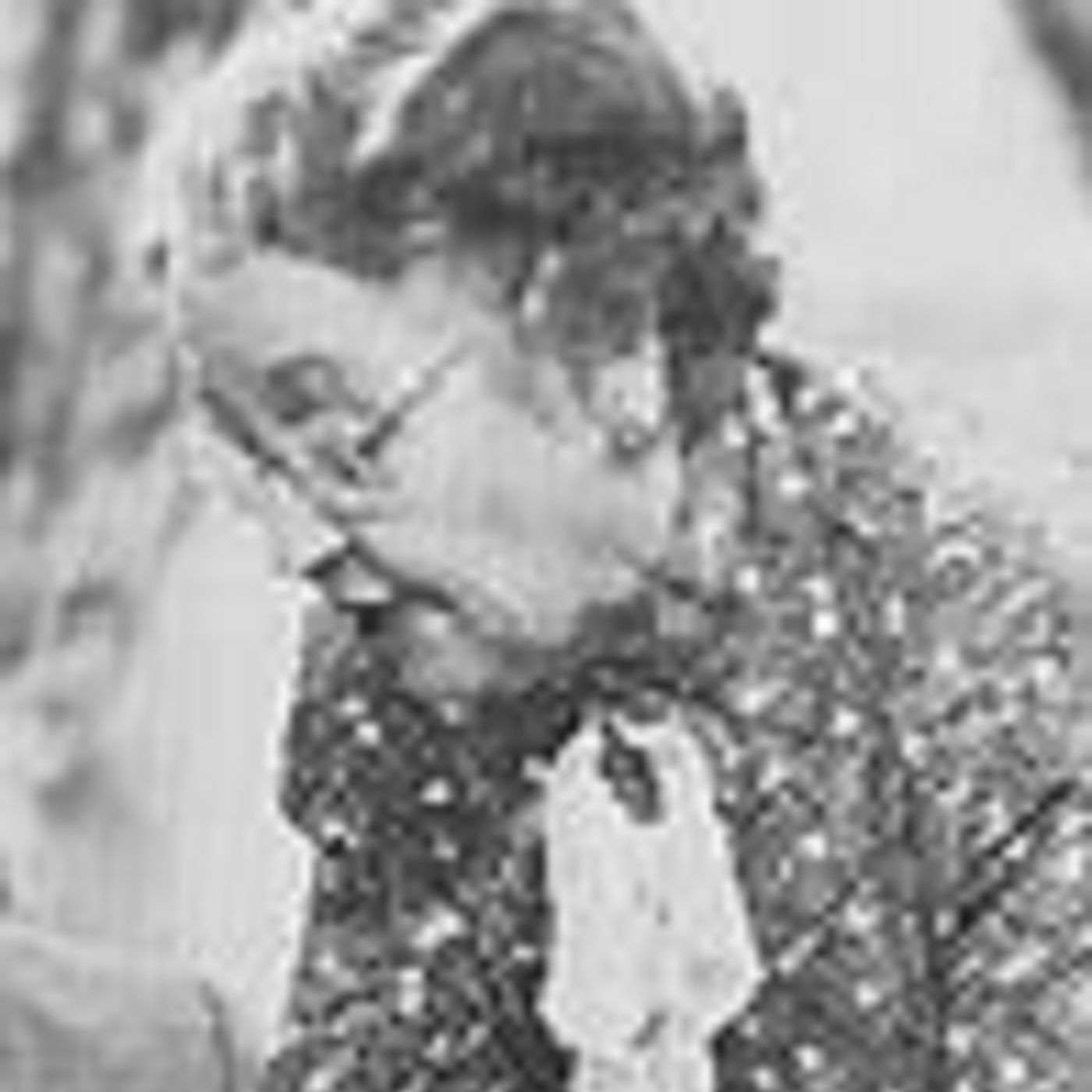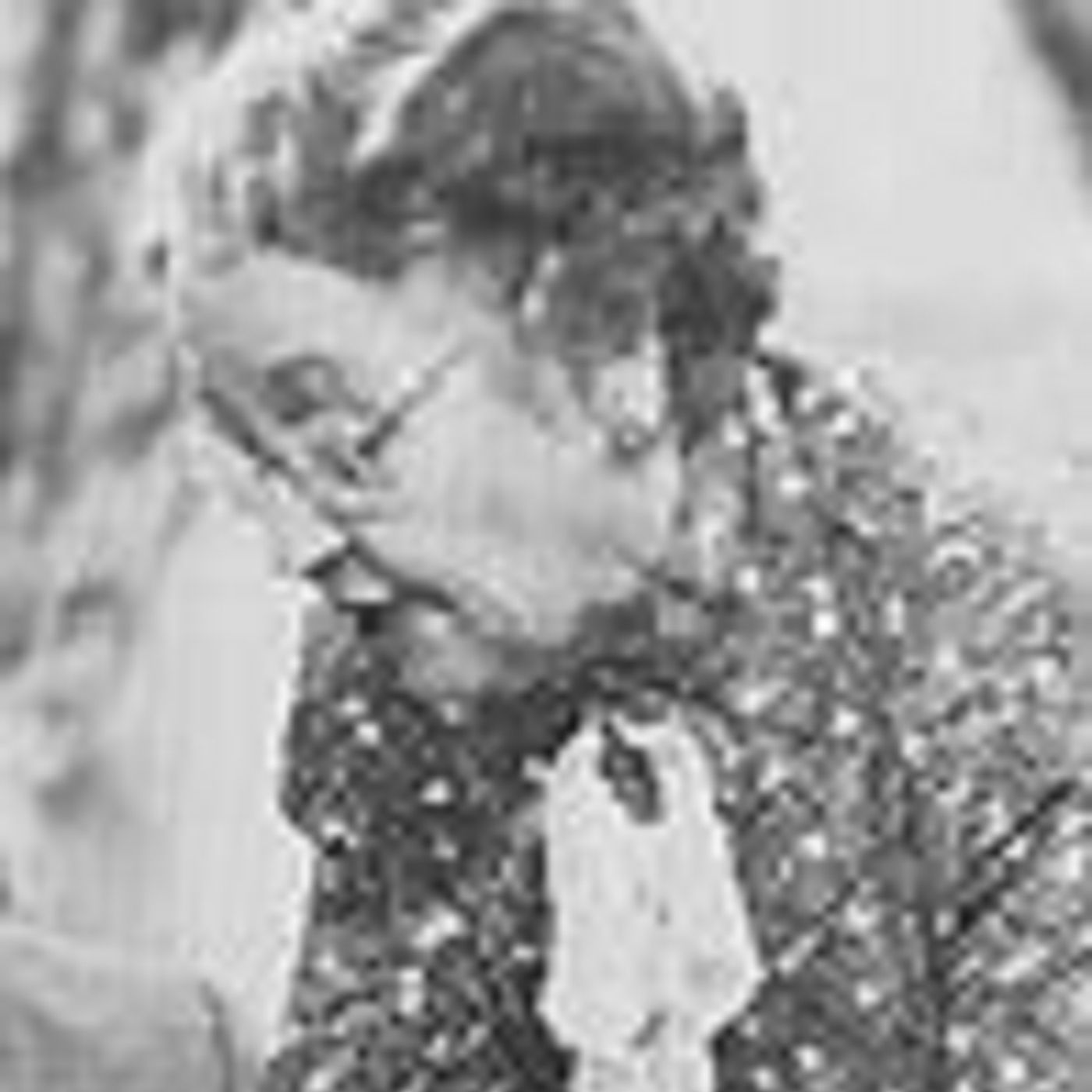"Kansas City Phone Call" is an intriguing episode from the pioneering radio series "Destination Freedom", which aired on July 2, 1950. Crafted by the ingenious writer Richard Durham, "Destination Freedom" was more than just a radio program—it was a bold reimagining of African American narratives during a time when such stories were often marginalized or distorted.
Though specific details about the plot of "Kansas City Phone Call" are scarce, we can explore the potential themes and significance based on the series' overarching mission and the historical context of the era.
Exploring the Possible Themes of "Kansas City Phone Call":
The Power of Communication:
Symbolism of the Phone Call: The very title suggests that a simple phone call could be a catalyst for significant events. In the mid-20th century, communication technologies were pivotal in organizing and mobilizing communities.
Bridging Divides: The episode might highlight how reaching out—across racial, social, or geographical boundaries—can spark change or foster understanding.
Kansas City as a Cultural Nexus:
Jazz and Blues Hub: Kansas City was renowned for its vibrant music scene, particularly jazz and blues, which were instrumental in African American cultural expression.
Urban Challenges: Like many cities during that time, it grappled with segregation, racial tensions, and economic disparities affecting the Black community.
Civil Rights and Social Justice:
Grassroots Activism: The story could delve into the efforts of local activists fighting against injustice, using the "phone call" as a metaphor for rallying support.
Personal Courage: Focusing on an individual's act of bravery that ignites a broader movement or challenges systemic barriers.
Richard Durham's Impactful Storytelling:
Durham was a master storyteller who used his platform to:
Highlight Unsung Heroes: Bringing to light the stories of individuals whose contributions had been overlooked or forgotten.
Challenge Stereotypes: Portraying African Americans in diverse roles, countering the monolithic and often negative depictions prevalent in media.
Inspire Action: Encouraging listeners to reflect on societal issues and consider their roles in fostering change.
The Significance of "Destination Freedom":
Educational Purpose: The series educated audiences about African American history, achievements, and struggles, filling a void left by traditional educational institutions.
Cultural Representation: It provided representation at a time when positive and nuanced portrayals were rare, affirming the identity and experiences of Black listeners.
Advocacy for Equality: By addressing topics like segregation, labor rights, and civil liberties, the program contributed to the broader discourse on civil rights.
Reflecting on the Historical Context:
Post-WWII America: The late 1940s and early 1950s were a period of significant social change, with returning African American veterans demanding equal rights after fighting for freedom abroad.
The Great Migration: Many African Americans moved to urban centers like Kansas City, seeking better opportunities yet often facing new forms of discrimination.
Media as a Tool for Change: Radio was a powerful medium for sharing stories and influencing public opinion, and "Destination Freedom" leveraged this to challenge the status quo.
Connecting to Present-Day Themes:
It's fascinating how the themes likely explored in "Kansas City Phone Call" remain relevant:
Systemic Racism: Issues of racial inequality persist, prompting ongoing conversations about how to address deep-rooted systemic problems.
Role of Communication Technology: Today, social media and instant communication play critical roles in organizing movements and spreading awareness—paralleling the symbolic importance of the phone call in

Aunt Mary was a soap opera that follows a story line which appears to have been broadcast in 1945 and early 1946. The plot...

Aunt Mary was a soap opera that follows a story line which appears to have been broadcast in 1945 and early 1946. The plot...

Curtain Time was a popular American radio anthology program that aired during the Golden Age of Radio. It was known for its romantic dramas...